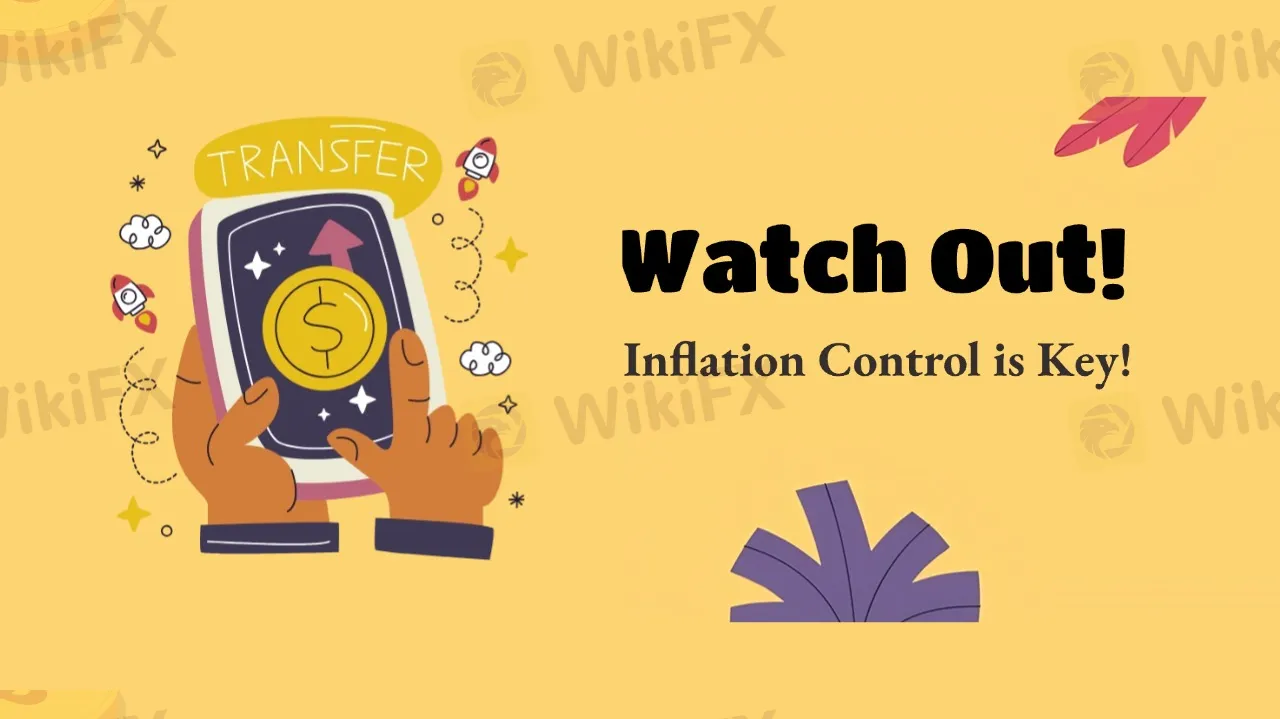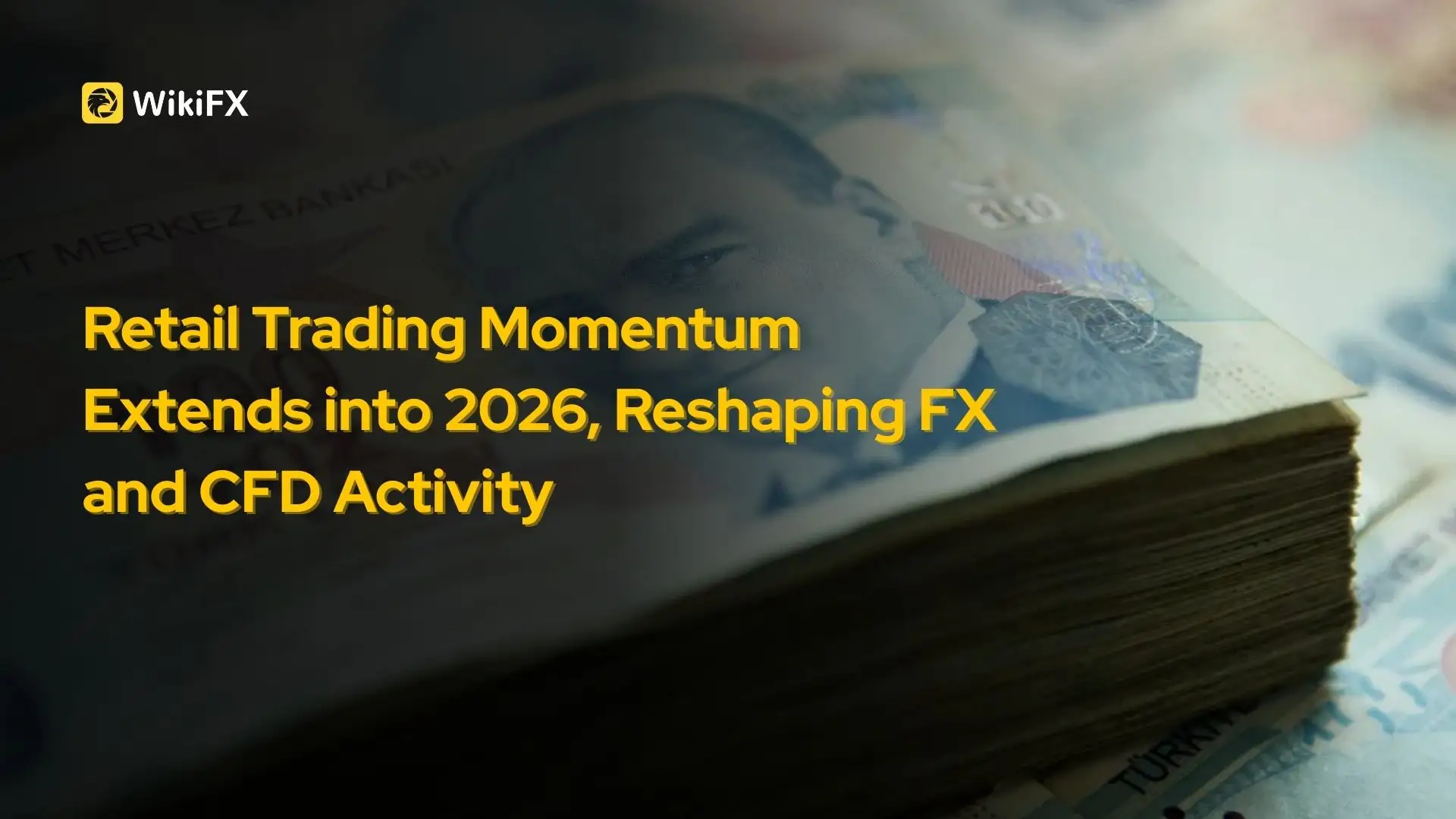Global Brokers Expand Into Crypto Trading While Testing Prediction Market Models
Regulators are scrutinizing prediction markets as brokers add crypto assets to their platforms. Is innovation outpacing compliance?
简体中文
繁體中文
English
Pусский
日本語
ภาษาไทย
Tiếng Việt
Bahasa Indonesia
Español
हिन्दी
Filippiiniläinen
Français
Deutsch
Português
Türkçe
한국어
العربية
Abstract:Recently, the stability of the Naira exchange rate has become a key focus in the market. The Central Bank of Nigeria (CBN) has implemented a series of monetary policy interventions, reducing the exchange rate gap between the official market and the parallel market to below 1%.

This stabilization has boosted market confidence and helped mitigate speculative risks caused by exchange rate volatility. However, despite the stabilization of the exchange rate, the overall economy still faces numerous challenges, particularly the unresolved issue of high inflation.
CBN has introduced policies such as the electronic foreign exchange matching system (B-Match) and the Foreign Exchange Code, significantly enhancing market transparency and curbing underground trading. Additionally, Nigeria's oil production has increased to 1.54 million barrels per day, and foreign exchange reserves have reached $39.4 billion, providing 9.6 months of import coverage. These factors combined have further stabilized the Naira and attracted more investor interest in the Nigerian market.
While the exchange rate has improved, inflation remains a major challenge for the Nigerian economy. As of January 2025, Nigerias overall inflation rate stood at 24.48%, with food inflation soaring to 26.08%.
High import costs, unstable agricultural production, and supply chain bottlenecks have all contributed to rising prices, keeping inflation at persistently high levels. Moreover, security concerns have exacerbated food shortages and logistical difficulties, putting additional pressure on ordinary citizens.
To effectively control inflation, the Nigerian government must adopt a comprehensive approach. First, strengthening agricultural infrastructure, boosting domestic production, and reducing reliance on imported food are essential. Second, optimizing supply chain management, lowering logistics costs, and improving market liquidity can help stabilize prices.
Additionally, the government should increase investments in the energy sector to ensure a stable power supply, thereby reducing production costs for businesses. At the same time, better coordination between monetary and fiscal policies is needed to maintain market stability and enhance investor confidence.
Overall, while the stabilization of the Naira exchange rate is a positive sign, inflationary pressures remain a serious concern. The government and CBN must continue pushing forward with reforms and strengthening policy coordination to ensure long-term economic stability.
Disclaimer:
The views in this article only represent the author's personal views, and do not constitute investment advice on this platform. This platform does not guarantee the accuracy, completeness and timeliness of the information in the article, and will not be liable for any loss caused by the use of or reliance on the information in the article.

Regulators are scrutinizing prediction markets as brokers add crypto assets to their platforms. Is innovation outpacing compliance?

In forex trading, what truly determines risk is often not market volatility itself, but whether information is authentic, transparent, and fully visible.

Share Your Expertise on What’s Moving the Market.

Strong retail participation in 2026 is driving forex and CFD trading volumes higher, as investors expand beyond equities into macro-sensitive markets.
